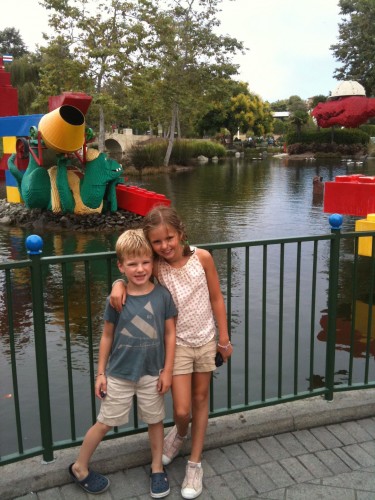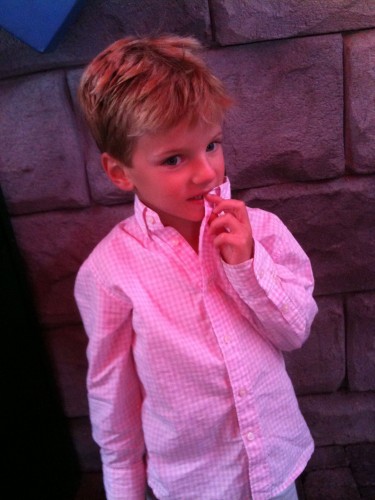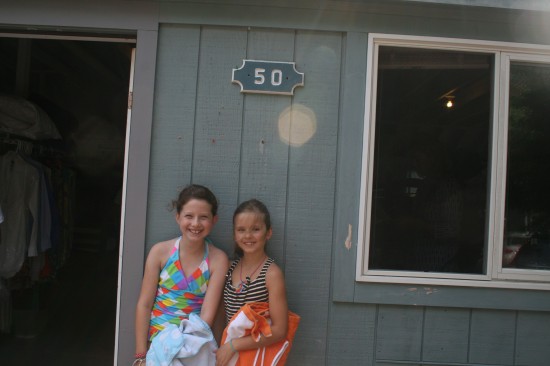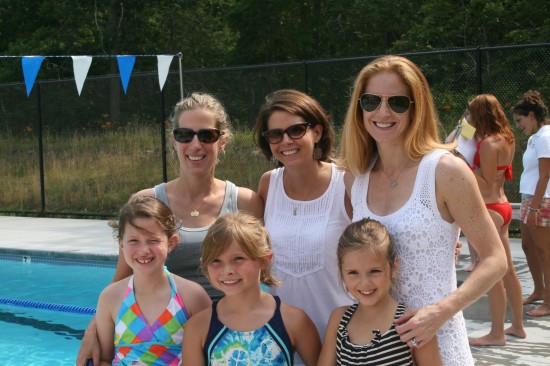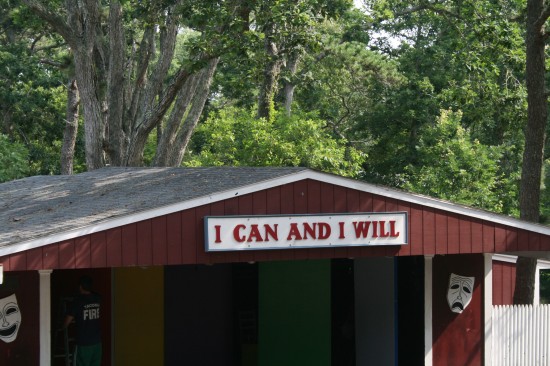At the end of every summer, my children become wretched. They are also lovely, and we do special things like our spontaneous outing to Crane’s Beach. But without fail, they are difficult. I swear it’s the universe making it more bearable to go back to school, back to fall, back to the routines and strictures of Regular Life. Right on schedule, the last week of summer, Whit had a terrible day. He was talking back. He was ignoring me. He was misbehaving. He received a warning, failed to heed it, and I sent him to bed at 5:30, without dinner. I know. I’m a witch.
In his bed, he cried on and off for an hour. I sat in my office, right down the hall, remembering all of those nights that I waited out a wailing infant. Every few minutes, he’d crack the door, tiptoe out and tell me quietly “I’m going to the bathroom.” In the bathroom he would blow his nose and then creep back his room with a look at me. Each time, I would say, “I love you, Whit,” and he would shuffle back to bed, tearful.
Finally, at about 6:45 I went in and sat on the edge of his bed. He was red-faced and upset, but placid, quiet.
“Can we make up?” He asked me, looking in my eyes.
“Of course we can.” I hugged his little shoulders, feeling how warm he was, how damp his face and hair.
“I am sorry.” He said, muffled, into my neck. I rocked him a little. “Mummy? I’ll do anything you want if you will let me go play Legos.”
“No, Whit,” I said firmly, “You can’t. This is a consequence.” I felt, as I do so often, how much easier it would be to just give in. But I didn’t. We talked about why he’d been sent to bed. About not talking back, about listening, about eating his dinner.
“Sometimes when I misbehave I don’t know it.” His voice was soft, hiccupy. “Can you sometimes tell me so you don’t have to do this to me again?”
“Yes, Whit. That’s what the warning was for.” I hugged him again. “I will make sure I’m really clear with you. But I think you do know some of the things you are not supposed to do.” Sheepish, he looked down at the bright robots on his sheets.
“Are we really made up now?” Looking up at me through his long eyelashes, he held out his hand as though to shake.
Trying not to laugh, I said, ” I think we should make up with a hug and a kiss, don’t you?” He nodded, and sat up to hug me hard. I kissed his cheek and asked if he was ready to go to bed. “You’ve been really upset in here, haven’t you?”
He nodded again, more vigorously this time. “I’ve been talking to myself, angry at myself that I’m not listening.”
“Well, it’s good to figure out how you can do a better job at that.” He clutched his Beloved Monkey even closer to him and looked at me. “We’ll figure it out together, Whit. I promise.” I brushed his hair back from his forehead, thinking of all the times I’ve said goodnight in this room, of how often I’ve smoothed my palm across a brow right here, of how often I’ve heard the lullabies that drift from the small CD player.
The specifics of each moment tilt and shift constantly but the central emotions abide, unchanged, sturdy.

